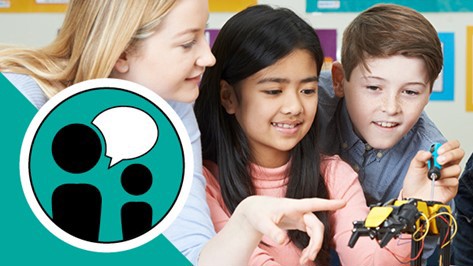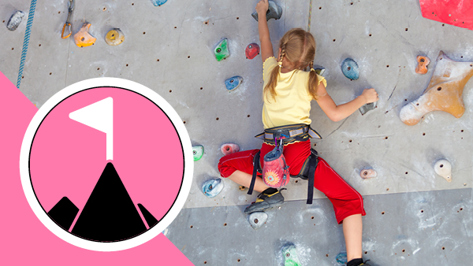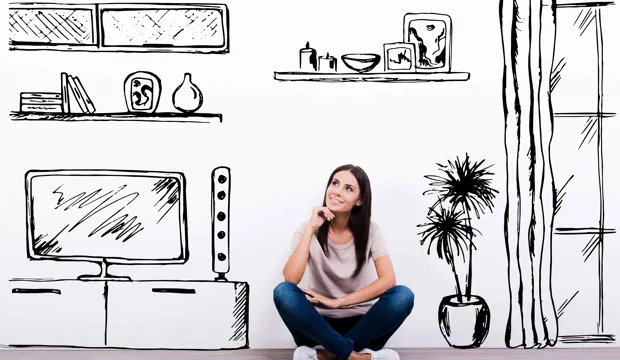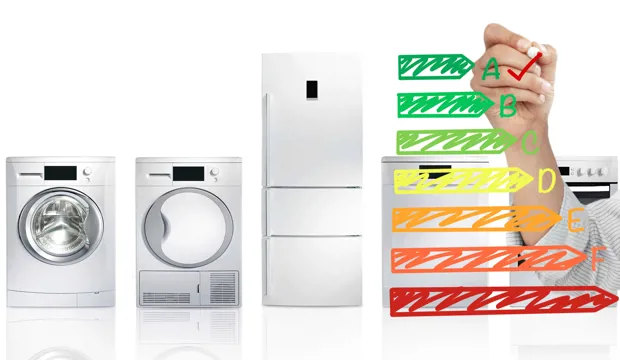
Design a home energy system
Use the BBC micro:bit programmable system to create a working prototype
This is one of a series of resources designed to support the use of the BBC micro:bit in Design and Technology lessons.
Reducing energy usage in the home saves money, increases energy security and reduces the need to burn unsustainable fossil fuels. The first step in doing this is monitoring how much energy is used each day.
Can you use the BBC micro:bit to develop a prototype for a home energy monitoring system that will inform people of how long they leave their lights and/or heating on during the day?
Activity: Design a home energy system
In this activity, learners will develop their energy monitoring system using the BBC micro:bit.
This is an ideal exercise for learners to develop programming skills, make use of programmable components and embed intelligence into a product design.
This is a versatile activity that can be attempted by learners as individuals, in pairs or in small groups.
If learners have not seen or used a block systems diagram before it might be necessary to describe this in more detail (i.e., what is meant by input, process, output etc.)
How long will this activity take?
This activity will take approximately 60 – 120 minutes depending on ability and prior experience of learners.
Tools/resources required
- Projector/Whiteboard
- BBC micro:bit system and online programming software
- Internet (to access programming software)
- Suitable input devices
- Crocodile clips or other wiring options (to attach input and/or output devices)
What is the BBC micro:bit?
The BBC micro:bit is a great way to get kids interested in computing. It is a small, programmable computer that can be used to create a wide variety of activities and projects. It is a powerful teaching and learning tool that helps learners develop their own systems and learn the basics of coding. It is an ideal tool for introducing children to programming concepts in a fun and engaging way.
When writing the program, those who have not done programming before may benefit from writing, experimenting with and downloading the example program shown on the Teacher PowerPoint. They can use this as a base for their own program.
The engineering context
Home energy usage is an ideal topic for teaching about programmable components and embedded intelligence in products. These are key parts of the 2014 programme of study for Design and Technology at KS3.
It is also an ideal vehicle for using the BBC micro:bit in the classroom and developing the programming skills of learners.
Download the free activity sheets below!
All activity sheets and supporting resources are free to download, and all the documents are fully editable, so you can tailor them to your students’ and your schools’ needs.
The activity sheet includes teacher notes, guidance, useful web links, and links (where appropriate) to the national curriculum in each of the four devolved UK nations; England, Northern Ireland, Scotland and Wales.
Please share your classroom learning highlights with us @IETeducation.
Available Downloads

Activity overview
Design a home energy system activity description, teachers' notes and curriculum links.

Presentation
PowerPoint outlining how to run the activity

Handout
Developing the programmable system for a home energy system - student handout showing an example program.

Hex program
Example programming file using the JavaScript Blocks editor

Py program
Example programming file using the Python editor


